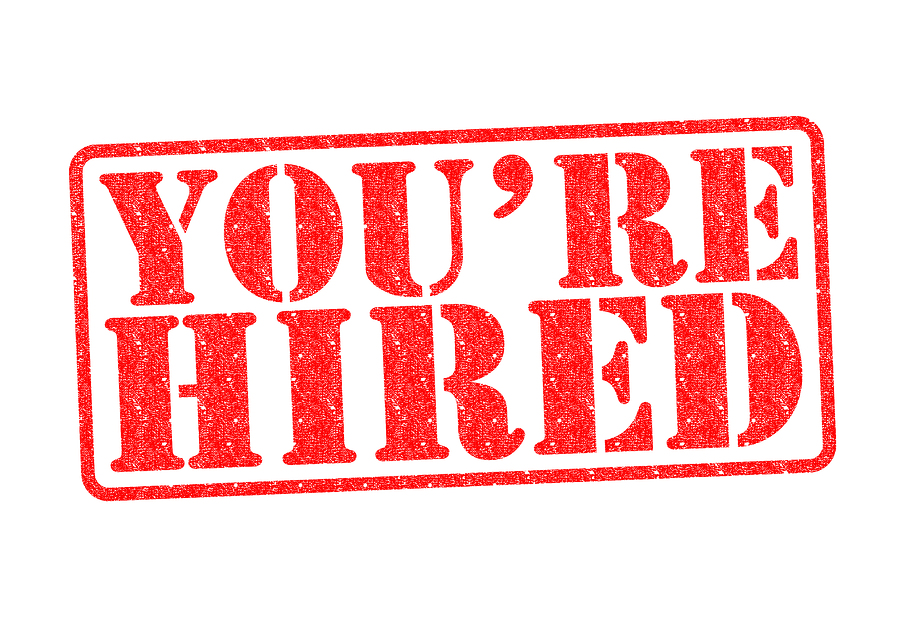
H-1B Visas and the Hiring Process
What is the H-1B visa?
Under the Immigration & Nationality Act, the H-1B visa is a non-immigrant work visa given to foreign citizens working in the U.S.
This visa allows U.S. employers to temporarily employ foreign workers particularly in specialized occupations such as engineering, entertainment, science and education as well as several others. The H-1B visa is dependent upon the active employment of the non-immigrant employee. If for any reason the visa holder is terminated or quits, they must either find another employment sponsor, apply for a change for status or leave the U.S.
Requirements for Employers
A business interested in sponsoring a H-1B visa must prove they are filling a specialized occupation that would require the employee to have special knowledge in a particular field. Occupations which primarily sponsor the H-1B visa are engineering, mathematics, biotechnology, medical research, law, finance as well as the arts. The interested employer must also ensure that the employee has a bachelor’s degree or its equivalent with the exception of certain entertainment positions.
The next step is to file an I-129 form (Petition for Non-immigrant Worker) with USCIS (United States Citizenship and Immigration Service) in order for the potential non-immigrant employee to be considered. This petition must be filed as soon as possible due to the lengthy processing time at USCIS. It is imperative to note that the prospective employee must be approved by USCIS before the employee can apply for a visa at their U.S. Embassy or Consulate in their home country.
What fees are involved and how long does the process take?
To file an I-129 petition, the employer must also pay a $320 fee. This fee also applies for H-1B renewals, transfers and any amendments that need to be filed for a non-immigrant foreign employee. There is also an additional fee that goes towards the ACWIA training program (American Competitiveness and Workforce Improvement Act), which was established to help U.S. workers stay competitive. The ACWIA fee for businesses with 25 full-time employees or less is $750. However, companies that employ 25 or more full-time employees must pay $1500. There are a few exceptions to this rule such as for certain non-profit organizations or educational institutions.
In addition to the two fees listed above, there is also a $500 fraud prevention and detection fee that is paid for the initial I-129 application. If an employer is seeking an extension of the H1B visa, the fee does not apply. If a business needs the application processed quickly, they can pay an additional $1000 for a Premium Processing, which guarantees a decision within 15 business days. Although this could seem like a hefty price, it could well be worth the money lost from a potential employees extended absence. Without this worthwhile service, processing could take two to three months.
Generally, an employer’s sponsorship of the H-1B visa lasts for three years. However, a business can extend the sponsorship for another additional three years for a total of six years. Since businesses both big and small traditionally do not have departments dedicated to the processing of H-1B visas, H-1B visa attorneys are usually retained to speed up the process and deal with the necessary paperwork anddeadlines.
We are experienced immigration lawyers and experts in the application process for the h1-B visa. It is important to understand your rights and your obligations under US immigration law. If you are ready to begin the application process or have questions then contact us today to schedule a call or a meeting. We are more than happy to call you wherever you are in the world at no cost to you.
Practice Area:
https://phelpsattorneys.com/usa-visas/
 English
English  Español
Español 



